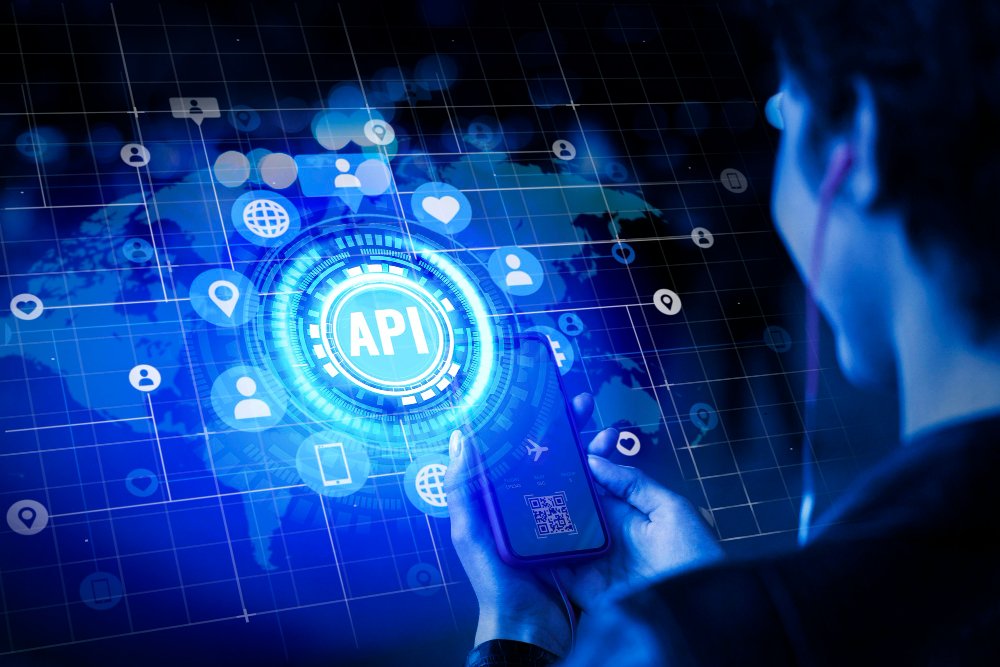API Integration
In the ever-evolving landscape of technology, seamless integration of APIs (Application Programming Interfaces) has become the bedrock of innovation. APIs facilitate the connection between different software applications, enabling them to communicate and share data effortlessly. One of the groundbreaking applications of APIs lies in natural language processing, and ChatGPT, developed by OpenAI, is at the forefront of this transformative trend. In this comprehensive blog, we will delve into the intricacies of API integration, exploring its significance, challenges, and how ChatGPT is changing the conversation by redefining the way we interact with technology.

Understanding API Integration:
API integration involves the connection and interaction between different software applications using predefined interfaces. These interfaces serve as gateways, allowing applications to access each other’s functionalities, exchange data, and work in tandem seamlessly. The integration of APIs plays a pivotal role in streamlining processes, enhancing functionality, and fostering innovation across various domains.
Significance of API Integration:
Enhanced Functionality: APIs enable applications to leverage functionalities provided by external services, expanding their capabilities without the need for extensive development.
Efficient Data Sharing: APIs facilitate the secure and efficient exchange of data between applications, ensuring that information can be seamlessly transferred and utilized.
Streamlined Processes: Integrating APIs automates processes and reduces manual intervention, leading to more efficient workflows and improved productivity.
Innovation Catalyst: API integration serves as a catalyst for innovation by allowing developers to combine services and create novel solutions that transcend the limitations of individual applications.
Challenges in API Integration:
While the benefits of API integration are immense, it comes with its own set of challenges:
Data Security: Ensuring the security of data transmitted between applications is a critical concern in API integration. Implementing robust authentication and encryption mechanisms is essential.
Compatibility Issues: Differences in data formats, protocols, and versions can pose compatibility challenges during integration. Developers need to carefully manage these differences to ensure smooth communication.
Reliability and Uptime: The reliability and uptime of external APIs are crucial factors. Dependence on third-party APIs requires developers to consider the potential impact on their applications in case of downtime or changes to the API.
Scalability: As applications grow, scalability becomes a concern. Developers need to design API integrations with scalability in mind to accommodate increased loads and data volumes.
